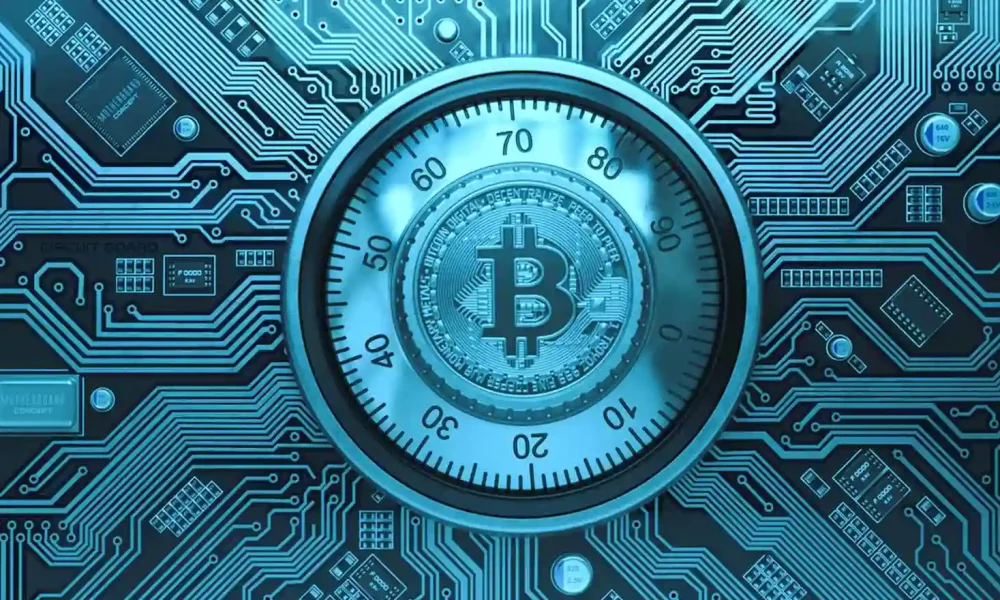
What Are the Uses of Blockchain?
A blockchain is a digital database that enables anyone to access the information stored in it. It works by spreading the data across a network of computers. This provides security without a third party, and it reduces the need for a central authority. In addition to cryptocurrencies, the technology has found applications in healthcare data management, supply chain tracking, fundraising, royalty distribution, and more.
Blockchains are useful because they create a secure, public record of transactions. The technology also enables banks to exchange funds more efficiently and securely. Additionally, it can be used to support smart contracts, which make transactions more transparent. Smart contracts can be used to automate payments, and they can help prevent fraud. They can also reduce the costs of operations.
In some cases, the system can be customized to meet the needs of a business. For example, in an environment where an individual is using a digital ID, a company can develop a custom blockchain that carries the information needed to establish the identity. As an example, Microsoft is currently exploring ways to provide a digital identity to their users.
The use of blockchain in elections could reduce costs and the risk of fraud. It has the potential to bring about near-instant results in an election, eliminating the need for recounts and other procedures. And since the information is distributed, it would be difficult to change. If someone were to alter the records, it would not be possible to match it to the records of everyone else.
However, the scalability of a blockchain can be a limitation. After six blocks have been created, it is no longer feasible to replace a block with a new one. Each block contains a hash code, which is a mathematical function that is 256 bits long. When a block has a hash code matching the one in the previous block, it is added to the chain. Once a block has been added to the chain, it is in the “end” of the chain.
With the scalability of the blockchain, it is possible to record a large number of data points. This is important because it helps prevent fraud. Also, it eliminates the need for a central authority to confirm a transaction. Because it can be used to store any amount of data, the technology is useful for a variety of industries.
Regardless of how a company uses a blockchain, it is still important to keep it secure. To do this, it is essential to utilize consensus mechanisms. These include proof of stake and proof of work. Consensus mechanisms allow a majority of the nodes to agree on the next block entry. So, if a hacker were to alter the information on the blockchain, it would be difficult to match the changed copy to the other copies of the document.
The scalability of the blockchain can be improved by using the system of checks. There are many ways to create trust among users. One way to do this is by adding a system of checks that cross-references the records on the blockchain.